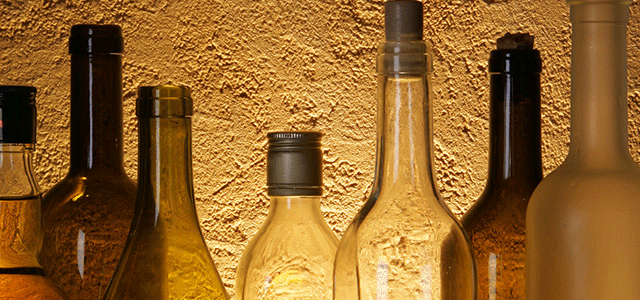Those of us who enjoy an adult beverage from time to time are, no doubt, privy to the research that suggests such consumption is, surprisingly – good for us! Of course, with every endorsement of a habit that might not really be “too” good for us, there is “but” in there somewhere. And when it comes to alcohol, there is little debate that whether it’s whisky, beer or wine, alcohol just isn’t that great for your oral health. So if you’re drinking more these days to help your heart, you may want to re-think that strategy a bit. Let’s take a look at why.
- Drying effect: Unlike water, which hydrates your mouth and protects it from cavity-causing bacteria and acid, alcohol dries it out. When paired with alcohol’s acidic nature, this drying effect provides the perfect low pH environment for bacteria to feast. And if that weren’t all, because we’re prone to sip alcoholic beverages for hours on end, doing so keeps the pH in our mouths low for hours at a time – not a good scenario for our teeth and gums.
- Staining: Wine, like coffee, can stain your teeth. In most cases, the staining is temporary, and is caused by a number of things like its acidity, which etches the teeth allowing color to “stick,” and tannins, which love teeth so much they bind to the enamel and trap the wine’s color along with it. Joy! How’s that for a festive party? The good thing is, you can keep discoloration at bay by munching on food while drinking, and chewing gum once you’re done consuming for the night. This will bathe your mouth in saliva, and bring your pH back to normal. Also, as an aside, hold off on brushing your teeth until at least a half hour after you’re done consuming. If done too early, the soft nature of your enamel after drinking can cause unwanted enamel abrasion.
- Long term effects: Of course, it goes without mentioning, that if your alcohol consumption habits are more frequent, and of larger amounts than “recommended,” you should be aware that these effects are compounding, and can even result in oral cancer. In fact, if you are prone to combining alcohol with smoking, your oral cancer risk is six times greater than if you just smoked, or just drank. Scientists believe the effects of alcohol on the mouth enable cancer-causing agents in cigarette smoke greater access to our oral tissues resulting in a favorable environment for cancer to develop.
As is often the case, your health is within your control. Therefore choosing habits wisely, and being informed of their consequences is always knowledge worth possessing. As the sage is known to say … everything in moderation.

